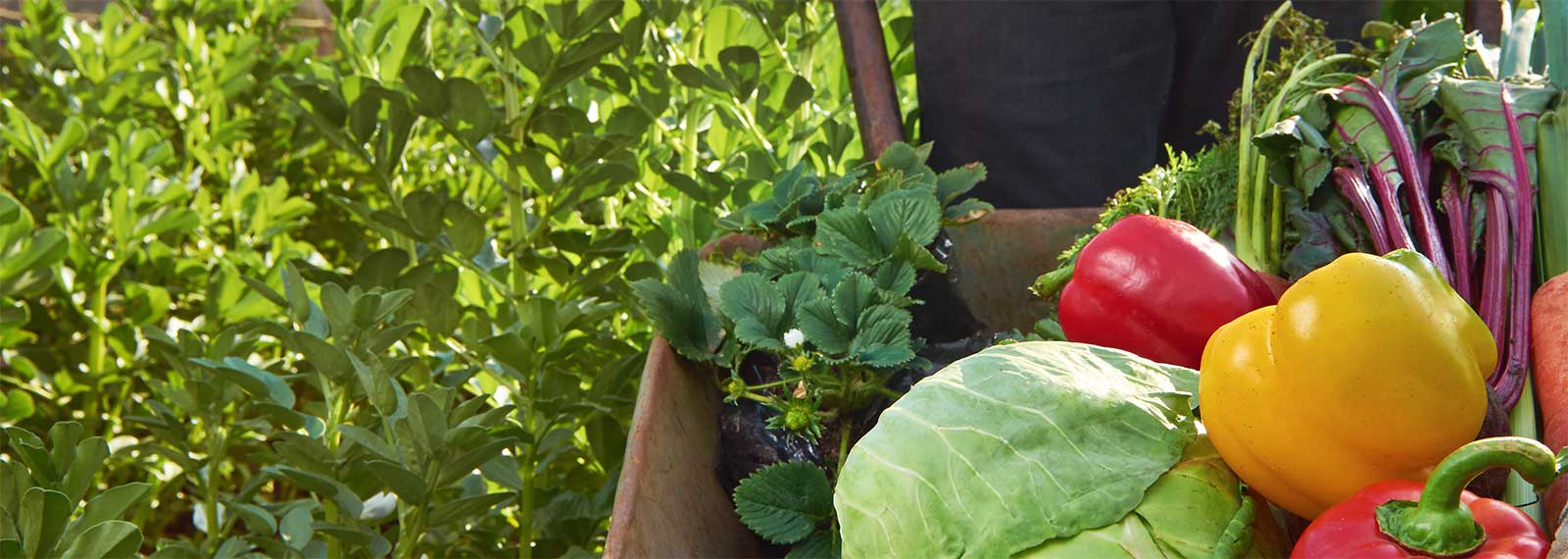What does “organic” really mean?

Organic farming and sales of organic produce are on the increase, along with rising consumer demand for this type of food. No longer the preserve of small neighbourhood groceries or the market stallholder, many supermarkets these days have their own organic produce aisle as well. Most people know organic produce to be the healthier option and gladly pay more for products that are labelled organic, but with that being said, do you know what “organic” really means when it comes to the products that you are buying?
Organic farming
In a nutshell, organic farming refers to produce that is cultivated without using genetically modified (GM) organisms, and without the use of artificial fertilisers, synthetic chemicals, irradiation treatments or pesticides. Generally, organic farmers also apply holistic farm management methods that are as natural as possible, including only having free range animals as part of their organic practices. However, it’s important to note that all this is not enough to have their produce labelled for sale as organic.
Certification
In order to ensure the quality and origins of organic produce that is sold to consumers, the growers have to go through a quality assurance process themselves. Certification bodies in Australia and abroad have been set up so that retailers, consumers and the wholesale industry can be assured that the produce that they are buying really is organic from growth, right through to the methods of harvesting, cleaning, packing and transportation. If there were even the slightest possibility that synthetic chemicals were used to clean the produce, for example, or even used for fumigation during the storage process, this would nullify the product’s organic label.
From farm to fork
Due to the process that growers have to go through, it can take up to three years for them to get their organic certification. This is because the first year’s growth may take place on soil that has still got traces of non-organic fertiliser and pesticides due to previous farming approaches. This first year is known as the “pre-certification” phase, so any produce sold in that year on the conventional marketplace is not able to attract any premiums. Only in the second year, when a grower has attained “in conversion” status, can they sell produce with a smaller premium, and this will increase in the third year when the grower has been deemed to have fully converted to organic farming.
Ongoing monitoring
For those growers who have finally obtained an organic certification, it doesn’t end there. As part of ongoing monitoring processes, they are also subject to checks by whichever certifying organisation they are affiliated with, along with the usual checking from food standards agencies and environmental health bodies.
So the next time you see a product labelled “organic” in a local fruit and vegetable store or supermarket aisle, know that there are strict regulations in place to ensure healthy and natural, pesticide- and chemical-free produce. And, for a salad dressing that will enhance the flavours of your ingredients, don’t forget to check out our Red Kellys Tasmania salad dressing range!
Back to Our Blog






